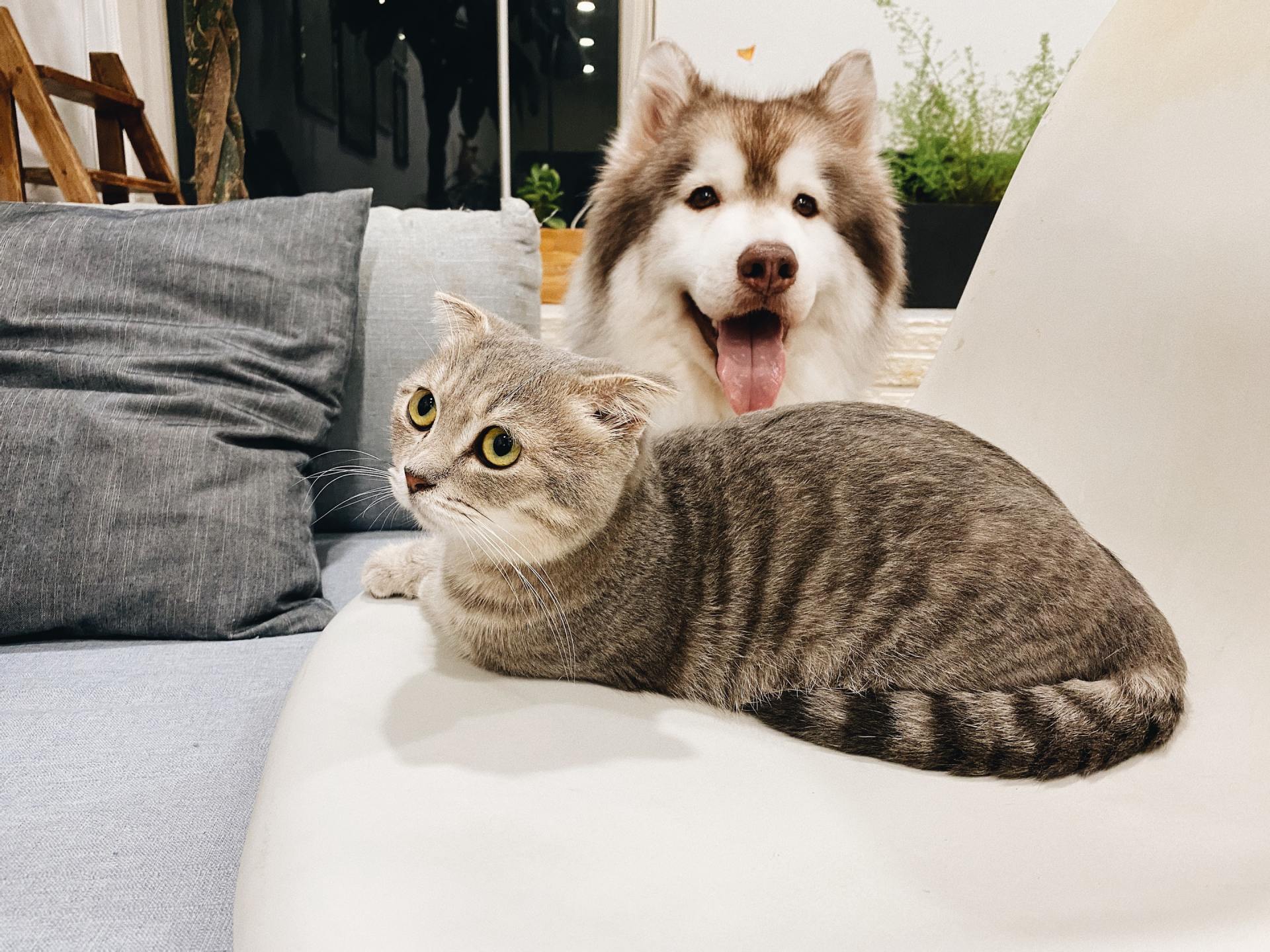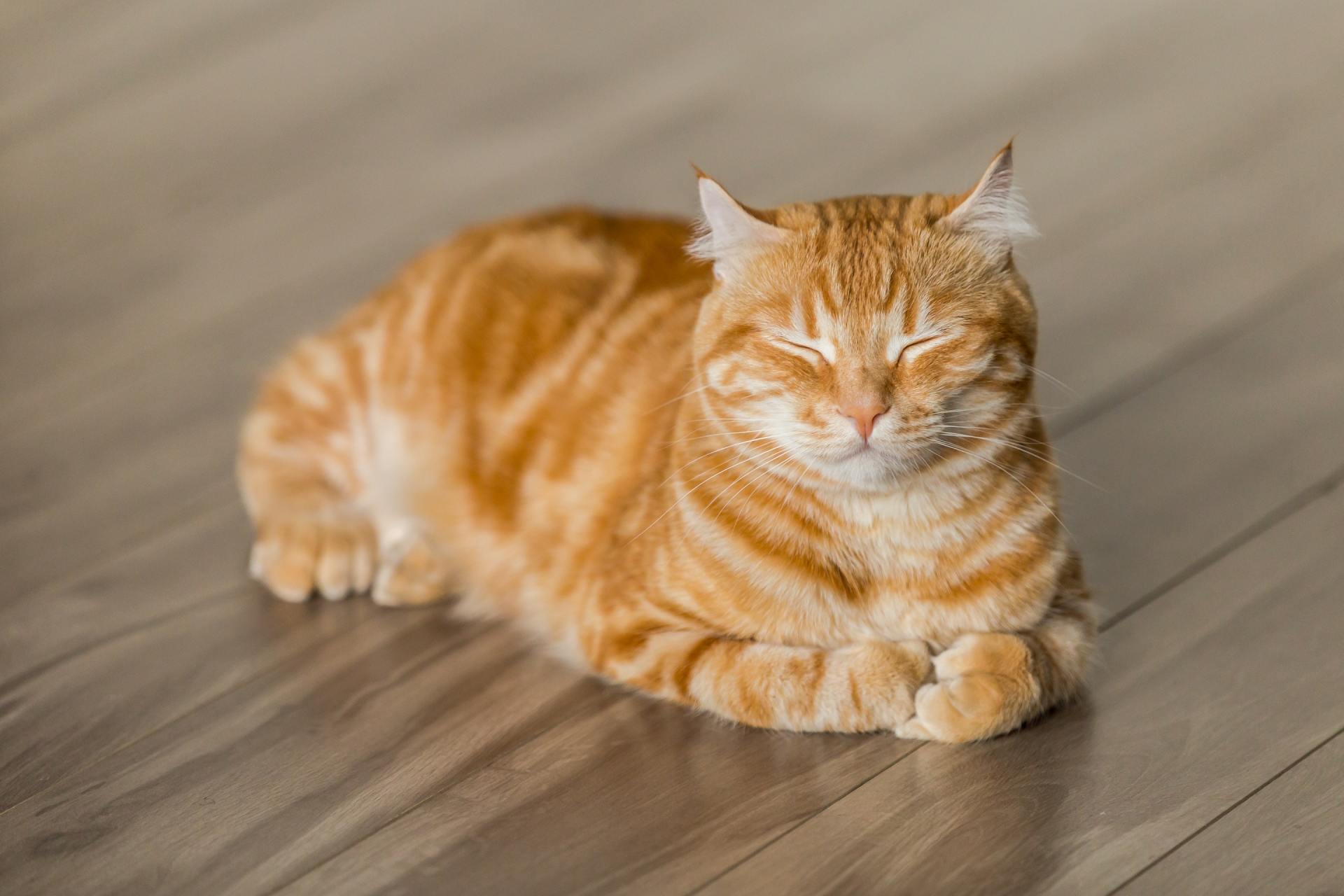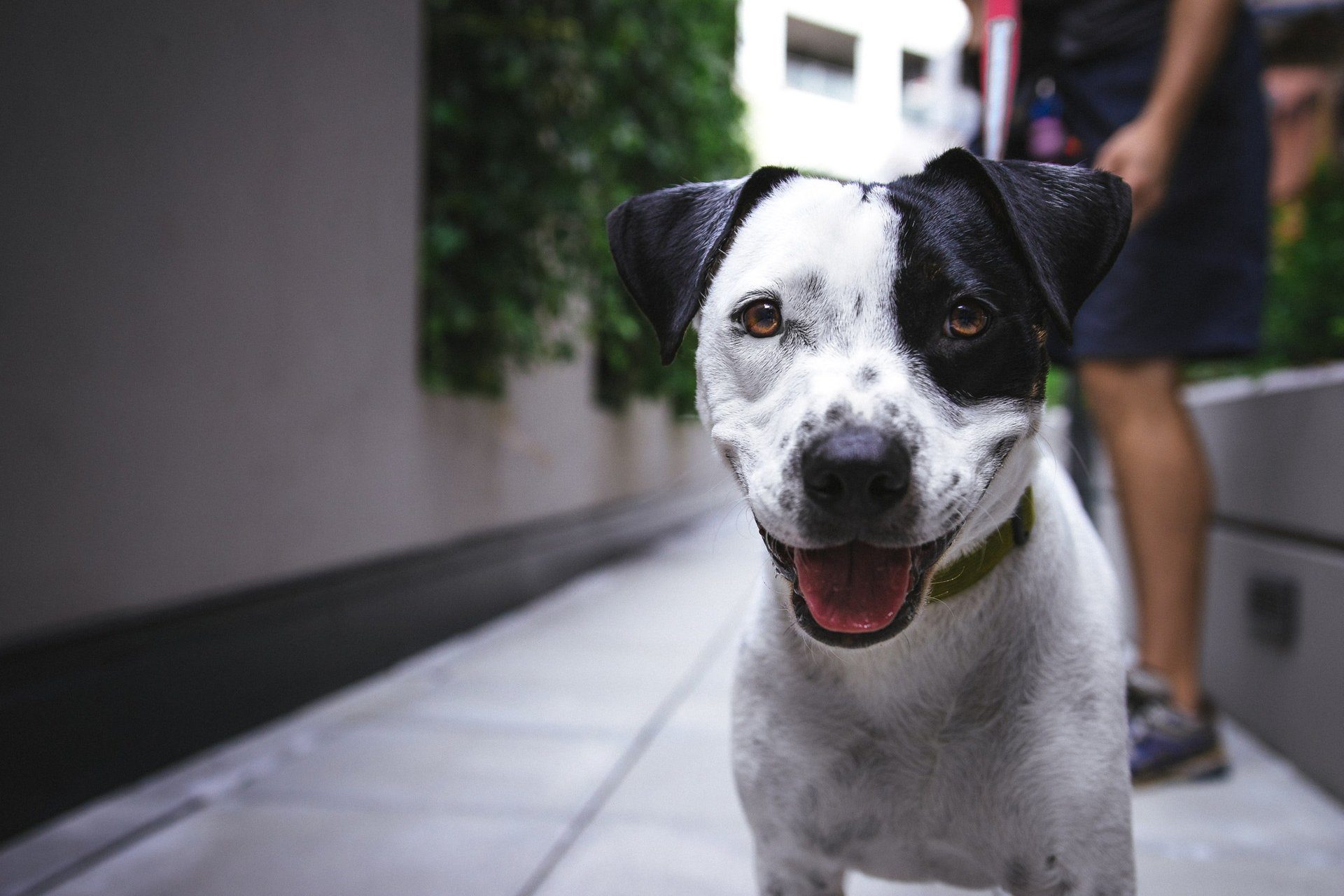Watch Out for These Pet Toxins at Home
As a great pet owner, your companion’s health and wellness is something that’s always on your mind. But try as you might, you probably have a few pet toxins in your home right now! Many things found in the typical home can harm a pet—the trick is knowing what to watch out for. Learn more here from a Bruce Crossing, MI veterinarian.
Toxic Foods
There are plenty of human foods that can harm a pet, including grapes and raisins, onions, garlic, chives, leeks, scallions, shallots, macadamia nuts, salt, chocolate, alcohol, and much more. And too much of any foreign food can make a pet sick. It’s best to store foods in closed cabinets, containers, or the refrigerator, and keep your pet elsewhere when you’re preparing meals.
Medications
Many human medications, and even some that can be prescribed for pets, can hurt our animal friends. Painkillers, antidepressants, and cough syrup are just a few examples. To play it safe, keep any and all medications locked away safely in the medicine cabinet where pets can’t reach. And store your pet’s own medications in a separate area so that the two never get mixed up.
Pesticides
Do you use pest-control products in your home to ward off invading insects or small rodents? It’s important to remember that these substances are poisons and can prove dangerous to house pets who come in contact with them, too. Place pesticides with extreme caution in areas that pets can’t reach, and consider using pet-safe pest-control options whenever you can.
Cleaning Products
It’s safe to say that most household cleaning products—toilet bowl cleaner, tile scrub, carpet cleaner, furniture polish, standard disinfectants—could harm a pet if they swallowed it. While your pet isn’t likely to go after a cleaning solution to drink, it’s not worth taking any chances. Store cleaning products where pets can’t get at them, and move pets elsewhere if you’re using something that gives off strong fumes.
Poisonous Plant Life
There is a long list of potentially harmful plants and flowers. It includes lilies, dieffenbachia, oleander, rhododendron (also called azalea), philodendron, elephant ear, certain aloe plants, chrysanthemum, Autumn crocus, and many more. Check your home and garden to see if you’ve planted anything dangerous, and take steps to restrict your pet’s access.
Does your pet need veterinary care? We’re here to help. Schedule an office visit at your Bruce Crossing, MI vet clinic.



